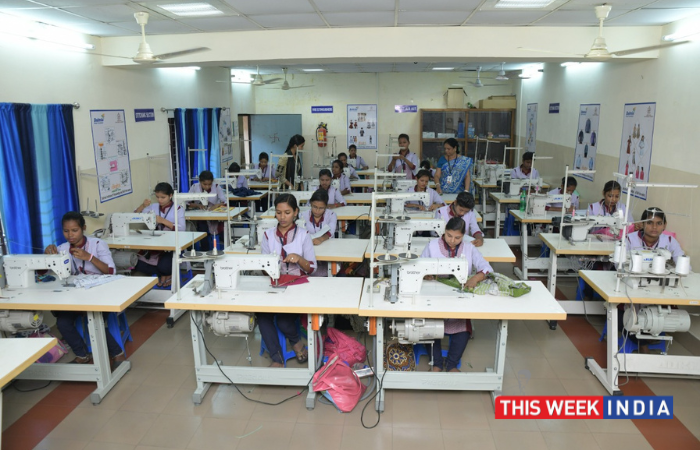Currently the Covid-19 virus has become a major global threat that has turned into a pandemic. It is mandatory to maintain good nutritional status before, during and after an infection. An individual’s nutritional status is affected by several factors like age, gender, health status, life style. To have a good impact on the immune system, optimal nutrition and dietary nutrient intake is necessary.
Several studies have revealed that Carbohydrates and dietary fibre are related to the immune system functioning. Consumption of High Glycemic Index (GI) food can increase inflammation, so limiting those food items like processed foods, canned juices, sugary items is advisable. It has also been reported in studies that adequate fibre intake may help in reducing inflammation. Whole grains, pulses & legumes, nuts & seeds, leafy vegetables, other vegetables can be added as a good source of fibres.
Deficiency in protein intake is linked to an impaired immune system, therefore high biological value of proteins in a good quantity, like eggs, lean meat, fish and dairy, should be included in the diet which can have an anti-inflammatory effect.
An adequate intake of Zinc, Iron, and Vitamins A, B 12, B6, C, D and E is essential for the maintenance of immune function. Vitamin C is one of the major constituents of water-soluble vitamins which tend to make the immune system strong. Such items are called ‘protective foods’. Fresh fruits, vegetables, leafy vegetables, nuts & seeds, dairy, contain the trace elements that can improve our immune system to combat COVID-19.
In a reported study, it was found that specific bioactive compounds present in the diet act as anti-inflammatory molecules. These are – A) EPA & DHA provided by sea fish & fish oil B) Capsaicin contained in pepper C) Citral present in lemon grass D) Curcumin present in Turmeric E) Resveratrol found in grapes, berries, nuts. It has also been suggested that Probiotics can protect against viral infections by providing stronger immune response in the gut and found to be potential therapeutic use of probiotics such as lactobacillus (present in curd, yakult, fermented foods) which has an anti-inflammatory effect.
The general recommendations for during and post Covid-19 patients is to follow a balanced diet to maintain proper immune function. Optimal intake of all the above mentioned nutrients will help to reduce the risk of infections and help the patient’s journey back to recovery.
Some tips to stay healthy:
1) Adhere to fixed meal times and follow small and frequent meals
2) Enjoy a wide variety of nutritious food from the five food groups (Cereals & grains, Pulses and legumes, Milk and meat products, Fruit & vegetables, healthy fats) every day.
3) Do not overcook vegetables as it leads to the loss of important nutrients such as vitamins and minerals.
4) Drink 8–10 glasses of water every day as it helps to transport nutrients in the blood, gets rid of waste, and regulates the body temperature.
5) Maintain a healthy lifestyle of exercise, meditation, and regular sleep. Adequate sleep will help to support immune functioning.
By Sayani Das, Nutritionist, Aster RV Hospital









